In a recent move, the Monetary Policy Committee (MPC) of the Central Bank of Nigeria (CBN) decided to crank up the benchmark interest rate by a significant 400 basis points to a new high of 22.75%.
This decision comes with additional measures, such as an increase in the Cash Reserve Ratio (CRR) to 45%, maintenance of a 30% liquidity ratio, and an adjustment of the asymmetric corridor to +200/-700.
While the CBN Governor, Olayemi Cardoso, justified these steps as essential to curbing rising inflation, concerns have been raised by members of the private sector and economists, who fear potential job losses and a looming recession.
Background
In July 2023, the MPC, led by former acting Governor Folashodun Shonubi, had already increased the monetary policy rate by 25 basis points to 18.75%.
Since then, the rate has seen a steady climb from 13% in May 2022. Despite diverse expectations among financial experts, the recent increase to 22.75% surpassed all projections.
Reasons Behind the Decision
Cardoso defended the rate hike as a strategy to combat persistent inflationary pressures. He emphasized that the decision considered scenarios of holding or raising the policy rate, with a consensus that inflation could become more enduring if not effectively anchored.
The committee expressed concerns about the continuous rise in inflation, emphasizing their commitment to reversing this trend.
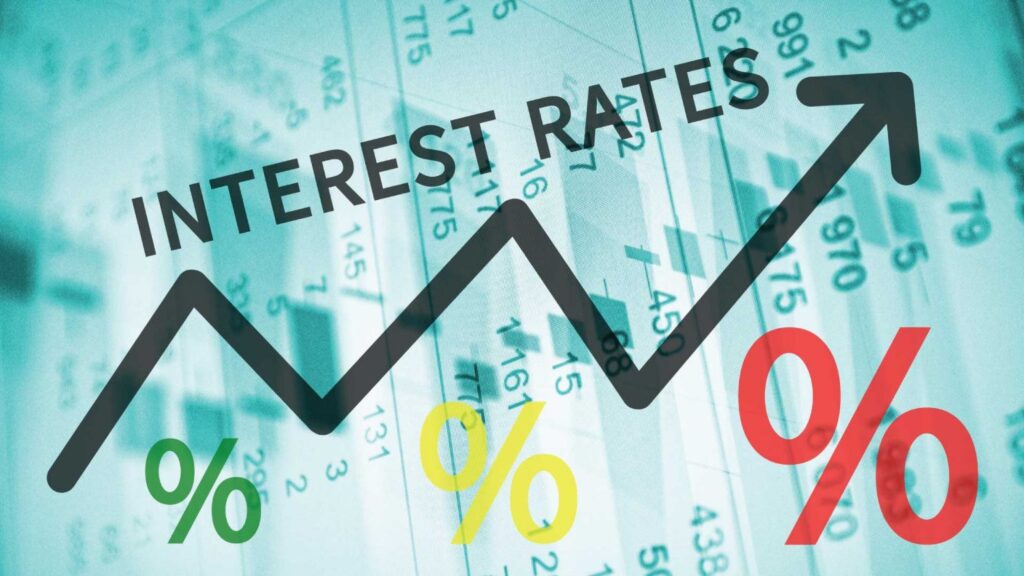
Current Economic Scenario
Nigeria’s inflation rate stands at a staggering 29.9%, expected to worsen in the short to medium term. Economic hardship has heightened, sparking protests in various parts of the country, with citizens and the Nigerian Labour Congress expressing dissatisfaction with the high cost of living.
CBN’s Perspective
Responding to questions about tackling economic hardships, Cardoso assured the public that the CBN is actively working to restore confidence in the financial market. He acknowledged the existing challenges and outlined efforts to rebuild the financial system for long-term sustainability.
Private Sector and Economists’ Concerns
However, members of the private sector and economists have raised concerns about the potential consequences of the MPC’s decision. They argue that the rate hike, while aiming to tackle inflation, might lead to increased unemployment and a possible recession.
Chief Economist Paul Alaje warned that businesses relying on bank loans would face higher interest rates, potentially resulting in job losses and slow but persistent inflation growth.
Diverse Perspectives on the Decision
Economic experts have expressed varying opinions on the MPC decision. While former President of the Chartered Institute of Bankers of Nigeria, Okechukwu Unegbu, welcomed the rate hikes as a step in the right direction, others, like Professor Uche Uwaleke, criticized the aggressive approach.
Professor Sheriffdeen Tella questioned the motives behind raising the interest rate, suggesting that inflation stems from structural issues rather than an excess of money in the economy.
Implications for Businesses and Borrowing
Experts predict that the increased MPR and CRR could negatively impact businesses’ ability to borrow, leading to higher interest rates. The new Cash Reserve Ratio mechanism, based on an average weekly increase, is seen as a measure to mitigate severe impacts on banks.
Potential Impact on Inflation and GDP
Economists, including Ayo Teriba, express concerns about the potential negative impact on inflation, the cost of living, and borrowing costs.
Teriba anticipates that the effects of the rate hike may become apparent in the coming months, affecting prices and possibly contributing to increased hardships for the populace.
Conclusion
As Nigeria grapples with economic challenges, the MPC’s decision to raise interest rates raises significant concerns among various stakeholders.
While the CBN aims to control inflation, the private sector and economists fear potential adverse effects on employment, businesses, and overall economic growth. The coming months will reveal the true impact of these monetary policy adjustments on Nigeria’s economic landscape.














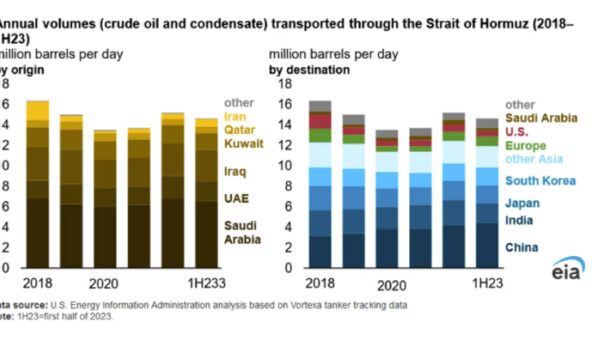
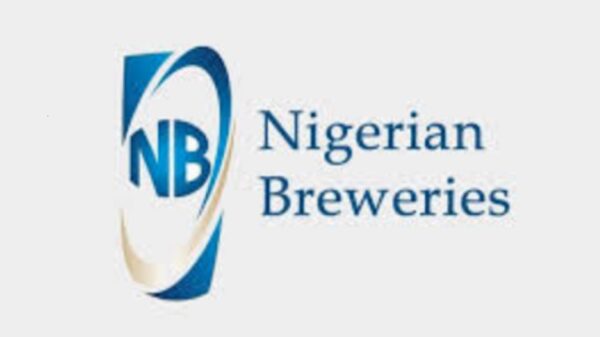





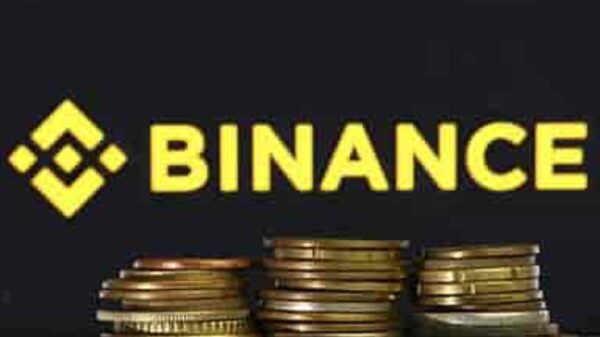





























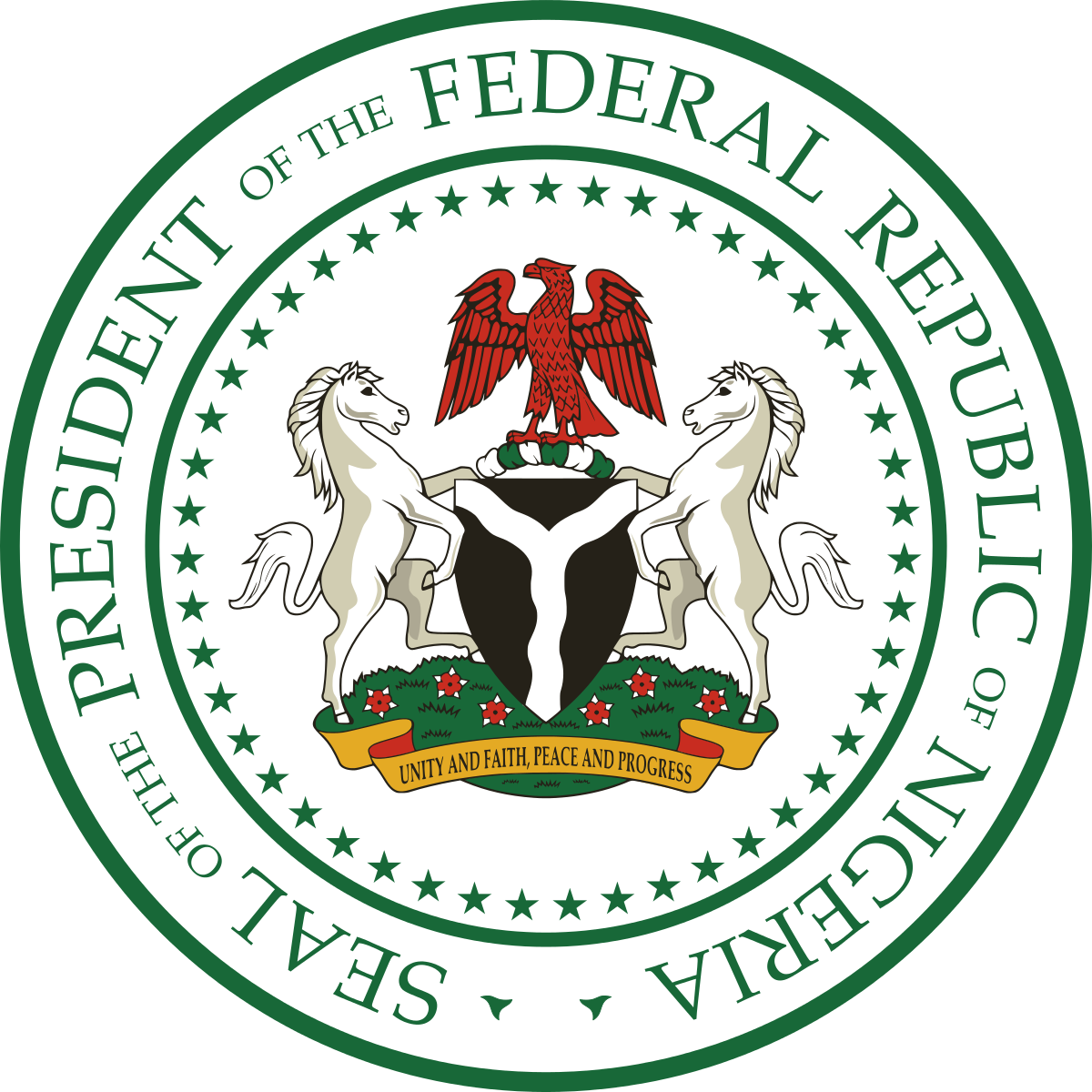




You must be logged in to post a comment Login